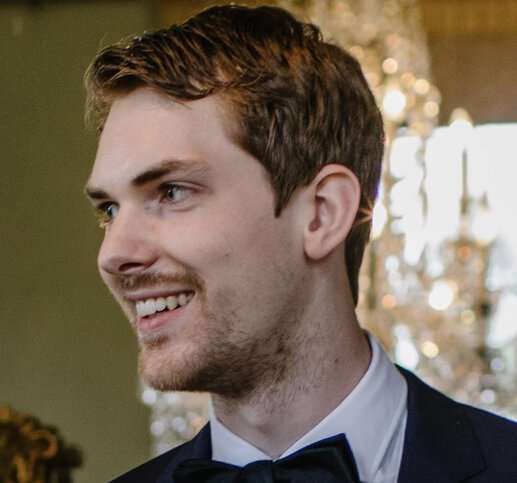The books I read in 2024
Since my daughter was born, I've been reading a lot more on my Kindle. She likes it when I am nearby while she falls asleep, and I figured it was much more productive than scrolling Reddit or X (though I still do that a little).
Without further ado, the books that I read in 2024! This list is mostly fiction, but there's some technical books too. Hopefully this gives a bit more of an idea of who I am as a person and what I enjoy.
Non-Fiction
Test-Driven Development by Example - Kent Beck
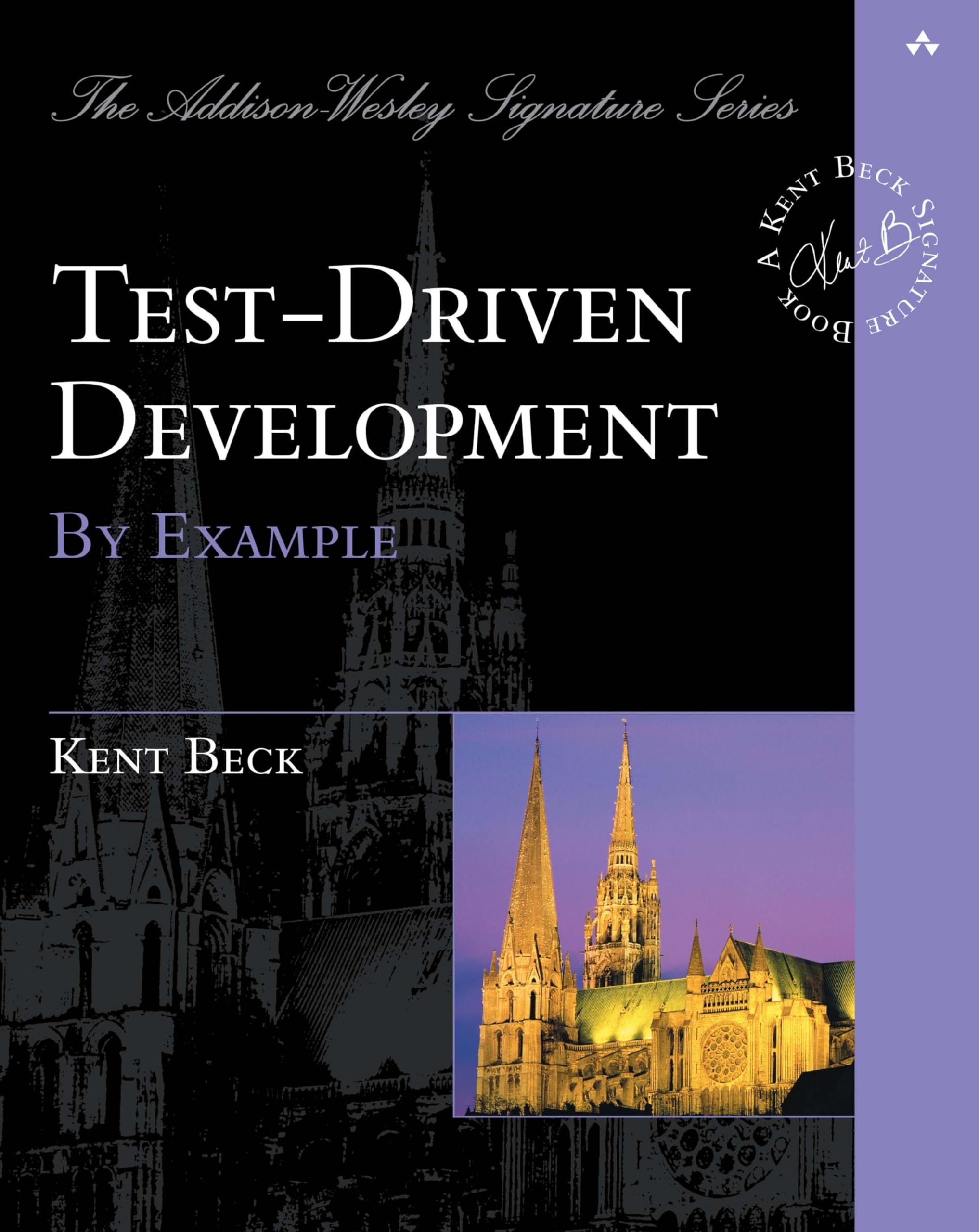
I'd been meaning to get around to this for quite some time. TDD is has definitely evolved into a bit of a cult, and lots of the resources about it on the internet are essentially regurgitated and bastardised from the original intent.
I think lots of the advice here is still relevant today, and it was a really interesting read. That should come as no surprise, as a lot of good programming advice is evergreen.
Some of the things I'd thought about TDD were slightly wrong - I'd been overusing what Kent calls 'triangulation'. Essentially, you write deliberately wrong code, and write tests to force you to write the correct code.
A trivial example, consider the function add(a,b). If I were to write a test for add(2,2) (expecting 4), then instead of writing a+b, I would simply return the constant 4. This then forces me to write another test case, so that I have to change my implementation.
This isn't wrong, per se, but one thing that is mentioned is that if the implementation is obvious, just write it. If the 'obvious' solution fails, then triangulation can sometimes help you figure out why your assumptions were wrong.
Overall, an interesting book, and certainly cuts through a lot of the crap content about TDD out there.
Flow Architectures - James Urquhart

This was a bizarre book. It was recommended to me by someone I trust, but it was kind of a weird alternate universe explanation of what it would mean if the cost of producing and consuming event streams (a la Kafka or Kinesis) tended to 0.
It was reasonably interesting, but I was expecting more, y'know, architectural stuff. I wanted to read a deep dive into event sourcing, message driven architectures etc. Instead I got a lot of 'what ifs' about the world of business.
Written before ChatGPT took off, so that world will likely never come to pass.
Tidy First - Kent Beck
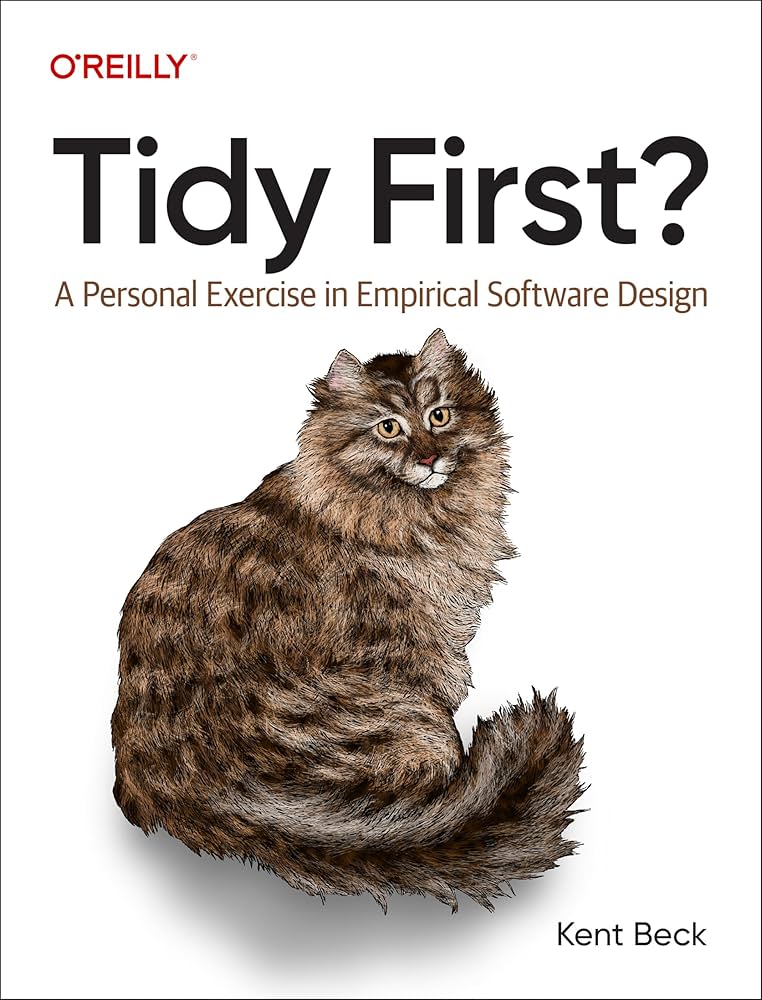
I'd been reading the occasional article from this book as and when I found them, and generally enjoyed them, so I was quite excited to read this book.
Unfortunately it was very non-committal, filled with 'it depends', and I didn't really learn anything. I felt it lacked depth, and was rather light on content. I'm glad I borrowed a copy instead of buying it.
Fiction
The Black Company Books 6-10 - Glen Cook
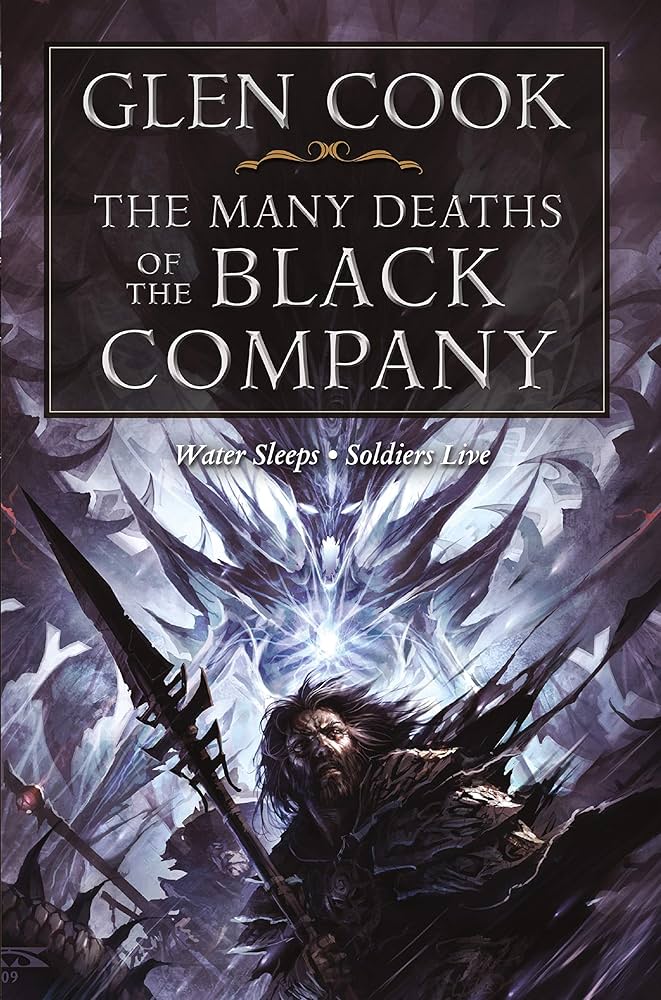
In 2023 I started reading the Black Company novels. I really enjoyed the first trilogy, it having great worldbuilding and a fantastic set of characters.
I was left wanting more, so I then read the next trilogy, the Books of the South. This was more of the same, which was good and bad, but unlike the first three books, this trilogy ended on a far more explicit cliffhanger.
So obviously I had to read the next four. I don't regret finishing it, but I still feel the first three books were the best. I probably would have been satisfied with the ending of the first trilogy. To any new readers, I would caution that unless you're really ready for seven more books, stop after the first three.
Despite it getting a bit much by the end, the ending of the last book (Soldiers Live), was really poignant and somewhat beautiful, and has stuck with me.
Hyperion & The Fall of Hyperion - Dan Simmons

This was another odd one, a semi-classic Sci-Fi novel. I really enjoyed the first book, but by the second book I kind of got a bit fatigued. I enjoyed the many different perspectives of the characters, and how they slowly unveiled their relationship to one another.
Definitely suffered (IMO) from the fact that once the motivations and backstory of the antagonist was revealed a bit more, it lost some of the mystery and wonder of the first book.
I know there were more books in the series, but I decided to stop there, as this was somewhat self contained.
Malazan Books of the Fallen 1-4 - Steven Erikson
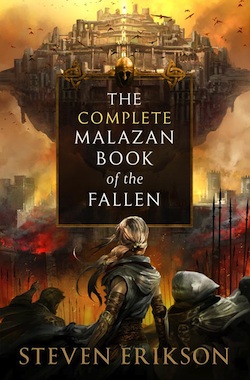
I had this one on my list for quite some time. I'd been told that if I liked the Black Company, this was basically that but better. I'm about halfway through book 5 (out of 10).
So far, I would agree and disagree. The Black Company novels are far more approachable, though a little dated in parts. Malazan took me a while to get into, but I started really getting hooked somewhere around book two. I'm aware that that is quite a large commitment for someone to make, and these definitely aren't for everyone.
The text is so full of jargon - place names, magic, races - that it can be very hard to parse until you've really got your head around the world. Interestingly, I found the experience much like reading A Clockwork Orange, another book full of made-up words.
The author really likes the word 'gelid'.
Conclusion
Overall, a fairly mediocre year. I didn't hate any of the books, but none of them jumped out at me or consumed my life like a handful have in the past.
I wouldn't place any of these books in my personal top 10 (though we'll see when I finish the Malazan series). Here's hoping to a 2025 full of great books.
